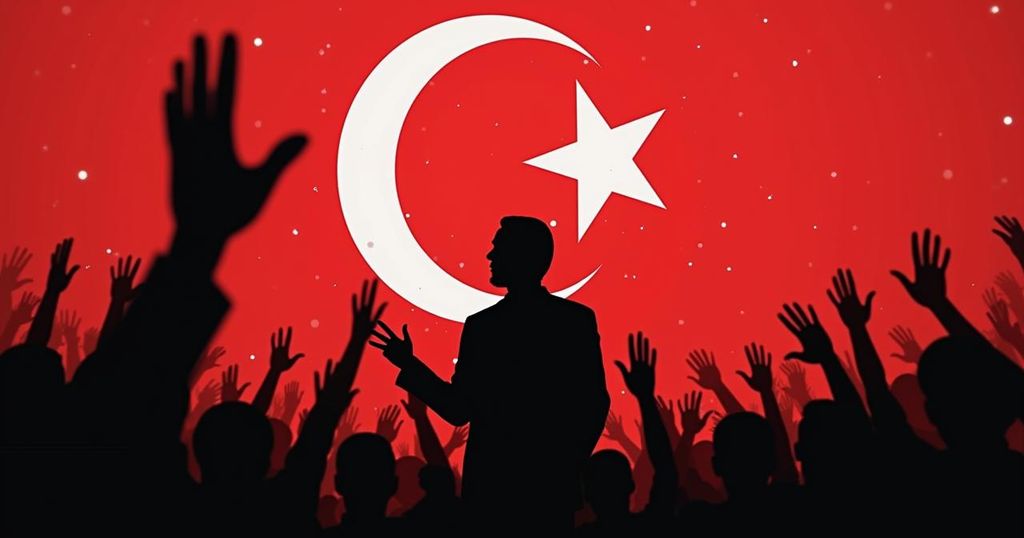Kais Saied Poised for Re-election in Tunisia Amid Controversial Election
Kais Saied is projected to win re-election in Tunisia with 89.2 percent of votes following a Sunday election, amidst a controversial political backdrop including low voter turnout and suppression of dissenting voices. Official results are expected to be released by the electoral authority on Monday.
Tunisian President Kais Saied appears poised for re-election following a Sunday election, securing a significant 89.2 percent of the vote according to an exit poll broadcasted by the state television. This development supports Saied’s consolidation of power after his controversial takeover three years prior. Despite the strong lead indicated by the exit poll, the official results will be disclosed by the Independent High Authority for Elections of Tunisia (ISIE) on Monday evening. In this election, President Saied, aged 66, faced two opponents: Zouhair Maghzaoui, the leader of the Chaab Party and a former ally turned critic, who garnered 3.9 percent of the vote, and businessman Ayachi Zammel, who is reported to have received 6.9 percent prior to his imprisonment last month. Voter turnout was noted at approximately 27.7 percent, falling short of the anticipated 30 percent. This election cycle has been marred by significant political repression, with leading opposition figures, including Rached Ghannouchi of the Ennahda party, imprisoned amid various charges, leading to their absence from the electoral race and official support for candidates.
Kais Saied was elected as Tunisia’s president in 2019 and has since faced criticism for actions perceived as undermining the country’s democratic achievements established after the 2011 revolution. His administration has taken steps to curtail the powers of judicial and political bodies that challenge his authority. Key actions include dissolving the elected parliament in 2021, rewriting the constitution, and disqualifying opposition candidates, which has led to mass discontent and protests against his governance. Under Saied’s rule, the nation is grappling with economic strife marked by inflation and high unemployment rates, further complicating the political landscape ahead of this election.
In summary, President Kais Saied’s potential re-election underscores the ongoing political tensions in Tunisia, characterized by low voter turnout, the suppression of opposition voices, and a pervasive climate of discontent arising from economic challenges. With official election results pending, the political landscape remains uncertain, exacerbated by the opposition’s view of Saied’s regime as regressive to democratic norms established post-revolution.
Original Source: www.aljazeera.com




Post Comment